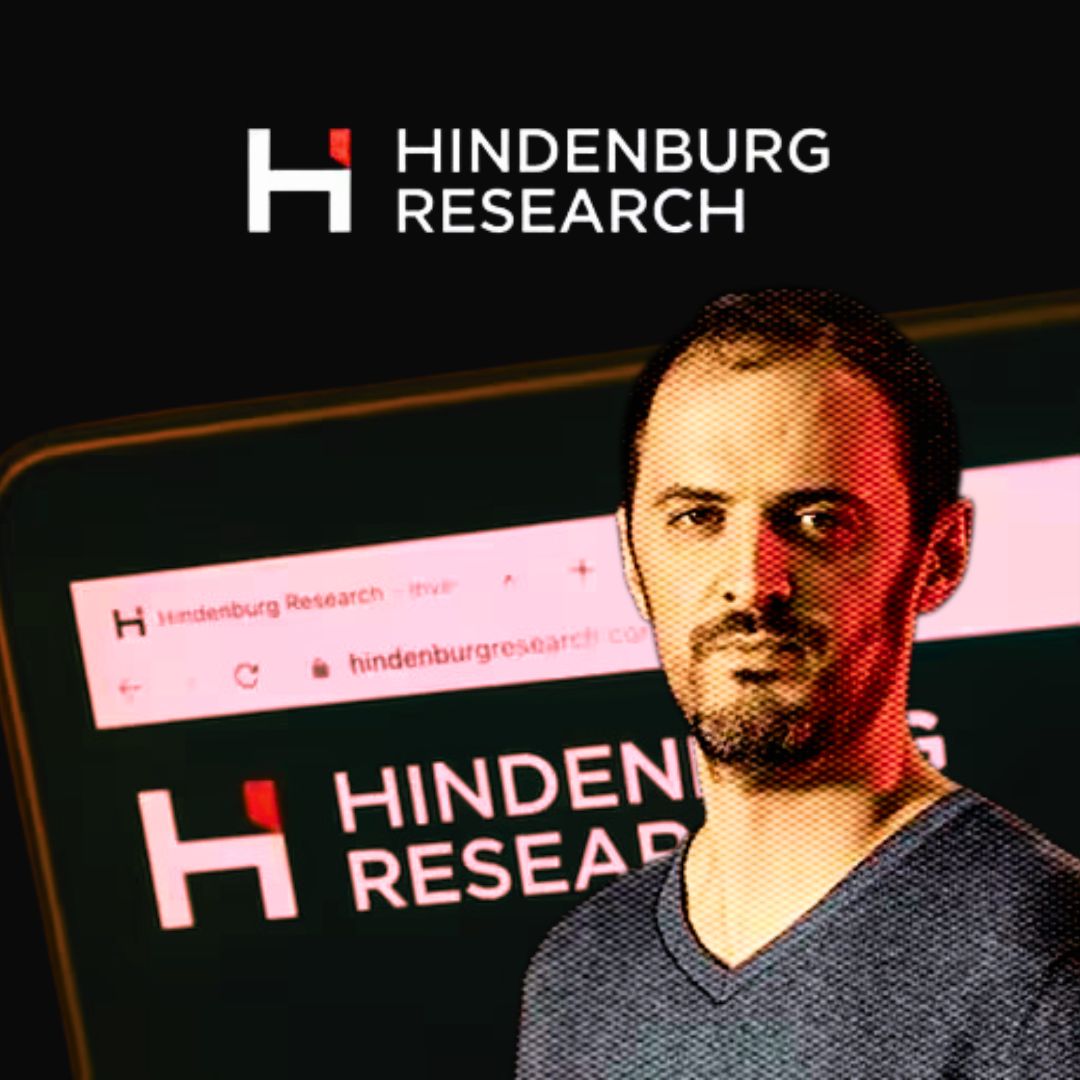Hindenburg Research officially disbanded on January 15, 2025, as confirmed by founder Nate Anderson, who expressed gratitude for the journey and the impact made throughout their operations. The firm completed its final investigation into a Ponzi scheme, which has been submitted to regulators. Anderson highlighted the intense nature of the work and shared plans to open-source their investigative methods in the coming months, aiming to inspire future generations of researchers.
Final Report and Closure
Hindenburg Research, founded by Nate Anderson in 2017, has officially ceased operations as of January 15, 2025. In a heartfelt message posted on their website, Anderson reflected on the journey of building the firm from the ground up. He described the decision to disband as one that came after completing their pipeline of investigative ideas, including their last report on a Ponzi scheme. Anderson noted that while he is proud of the impact Hindenburg has had—resulting in nearly 100 individuals facing civil or criminal charges—he also felt that continuing would be a “selfish act” given the knowledge accumulated within the small team.
Background on Controversies
Hindenburg Research became renowned for its critical reports that exposed alleged corporate misconduct, particularly targeting high-profile companies like the Adani Group and Nikola. The firm’s investigation into Adani accused it of stock manipulation and improper use of offshore tax havens, leading to significant market repercussions and regulatory scrutiny. Anderson’s commitment to transparency and accountability resonated with many, as he emphasized that their work was driven by passion rather than traditional finance backgrounds. He acknowledged the challenges faced during their investigations but expressed gratitude for the support received from his team and external allies.
Farewell Note
In his farewell note, Nate Anderson expressed deep gratitude for the journey of Hindenburg Research. He acknowledged the intense dedication required to conduct investigations that often challenged powerful corporations. Anderson stated that he plans to open-source Hindenburg’s investigative methods through a series of materials and videos over the next six months, with the goal of empowering future generations who share a passion for uncovering truth and holding entities accountable. He concluded with an optimistic outlook, encouraging others to embrace this mission: “I plan to work on a series of materials and videos to open-source every aspect of our model and how we conduct our investigations.”
The Logical Indian’s Perspective
The closure of Hindenburg Research brings attention to the broader discussions surrounding transparency and accountability in corporate governance. Exposing fraud plays a crucial role in protecting investors and maintaining market integrity. It also highlights the importance of ethical and responsible investigative practices. As we reflect on Hindenburg’s legacy, a key question arises: How can we enhance corporate accountability while fostering a fair and transparent financial environment?
A Personal Note From Our Founderhttps://t.co/OOMtimC0gV
— Hindenburg Research (@HindenburgRes) January 15, 2025












